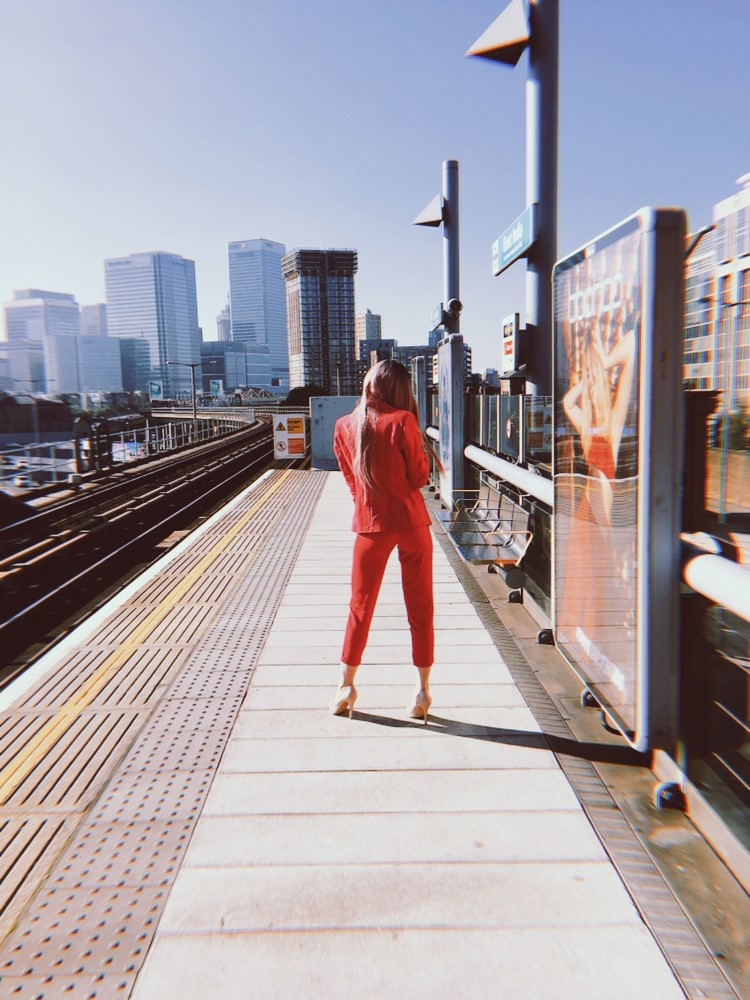
I am happy with myself. I have flaws and insecurities, as every person does, but I wouldn’t change who I am, even if I could.
This is not glowing self-praise, nor blatant narcissism, but it still feels rather strange and alien to declare that I am happy with myself as a human being. It’s been so ingrained into my mind now that I must preface every compliment I give myself with a quick self-deprecating jab to remind myself (and to assure others) not to seem uppity or conceited.
Isn’t that bizarre? Is it not a strikingly forlorn habit that distancing yourself from your own kindness has become so normalised?
If questioned about the things I like about my family, my friends, my co-workers, even simple acquaintances, I would not struggle to find accolades, no matter how small. From the superficial (infectious, squealing laughter) to the personal (unceasing selflessness and reliability), to the heartfelt (he/she makes me laugh until I cry, and I love being around them). I can – and I will – list these good, wonderful things until I run out of words. I feel this would be an easy task for most of us, pouring out a steady stream of the attributes that draw us to people.
When faced with the same question in regard to ourselves, however, the stream slows to a scarce drip. We stutter, we stammer, we find it significantly more difficult to be as kind about ourselves as we rush to be to others.
Unfortunately, this is hailed as somewhat aspirational in women. The saccharine-sweet lack of self-worth and meek avoidance of the question is agreeable. Tepid is inoffensive, inoffensive is happily accepted.
What stumps people even more than the absence of self-love, confidence or individuality though, is the presence of them.
The world does not know how to handle people, women in particular, who celebrate themselves and revel in their own validity.
As a slim, white, middle-class straight woman, I’m aware that I hold a position of privilege. I have never had to defend who I love, nor my pride in stretch-marks or cellulite, nor why my melanin is worthy of marvel.
And yet – I am not without judgement. Freedom of expression is something I have embraced mostly unabashedly during my singledom, discovering ‘myself’ without the subconscious absorption of the traits of an ‘other half.’ I am both halves now, and have wholeheartedly spent the last year and a half finding out what that entails.
What I discovered is that freedom of expression is widely accepted if it comes with a caveat or an apology, as though it requires earning. “I dress this way because I dropped three sizes and now finally have the confidence to wear what I want” is applauded far more than simply, “I dress this way because I want to”, for example. “Because I want to” is not satisfactory. An explanation is needed, demanded.
In my twenties thus far, I have received an inordinate amount of criticism from co-workers, from university classmates and from people I barely knew for trivialities most of us would take for granted. Listening to the radio in the morning was ‘weird’. My laughter was ‘too loud’. My openness in conversation was ‘false’. My weight was ‘unnatural.’ My clothing, my make-up, my appearance was ‘intense’ and ‘too much’.
In all honesty, it is painful to break these down and provide justification for each one. It is hurtful that harmless, individual traits have been demonised as though they are hurting anyone, as though they are abhorrent, despicable acts that dictate an apology, an ‘I’m sorry that I am different to what you think I should be’.
I didn’t realise that music could be misconstrued. That people would assume laughter could be commandeered for ‘attention-seeking’. That genuine emotion and interest could be interpreted as a ‘fake’ persona (for whose benefit?). I will not defend weight – that is not to be defended because any offence taken is an issue that lies outside of my responsibility.
I’ve never had my appearance judged as harshly as I have in my twenties. The playground was kinder than university, workplace or the internet have ever been. As a grown woman, what products I put on my face or what clothing I put on my body should not be up for discussion. It feels indescribably ridiculous that this is something I even need to declare, and yet here we are.
Humanity is so beautiful without this need for justification for every aspect of who we are. In this digital age, it is so important that more and more influencers are becoming activists, modern driving forces of acceptance with social media movements. It is great to see brands slowly but surely opening their eyes to the necessity of diversity and inclusivity. It is wonderful that in pop-culture, shows like RuPaul’s Drag Race are showcasing the beauty in creativity, vulnerability and identity, whilst highlighting the importance of staying true to yourself, of solidarity and support systems.
But it’s not enough, not yet. All of them are breaking boundaries but they are living examples that people will be cruel without ever considering the humanity of the person they are attacking.
Words, when said face to face, behind backs or behind a screen, hurt people. They have consequences.
The problem lies in the assumption that anyone embracing the essence of who they are is doing it ‘for attention’, that sincerity does not cover self-expression, that we do not do or wear or enjoy things simply because we want to and they make us happy. That fashion and beauty are only tools to mask and not means of individuality.
My heart hurts for those who deal with worse than I have. For the LGBTQ+ who must justify who they are, who they love and why. My heart hurts for the women of colour and the vast array of body types who must continuously defend why they believe they are beautiful without need for validation. My heart hurts for anyone who is so cornered to consistently push back against unfounded criticism that something internally begins to break, and they find themselves judging themselves by the criteria of others.
It is hard when you are driven to doubt yourself and believe what is whispered about you by unkind tongues. It is hard when you have to fight back against misrepresentation and unfounded dislike simply for existing as you are. You do not deserve to apologise for being yourself.
I see you.
I see every person who laughs loudly, who talks with an open mind and open heart. You are valid. You are not demanding to be seen, you are simply living within your right to be visible.
It is not about ‘attention’, it is about expression. It is about living your truth and owning your authenticity, it is about unashamedly embracing your skin and body, your culture and sexuality, your confidence and your very essence as a human being. Do not change for them. Do not change for anyone.
Live in colour. Live loud. Live vulnerably. Live truthfully. LIVE VISIBLY.
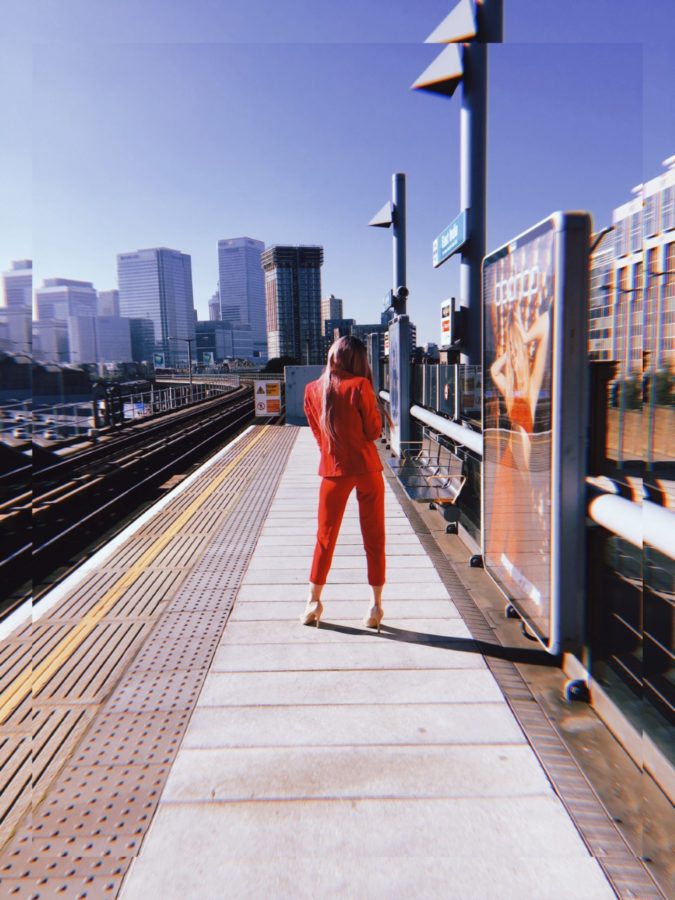
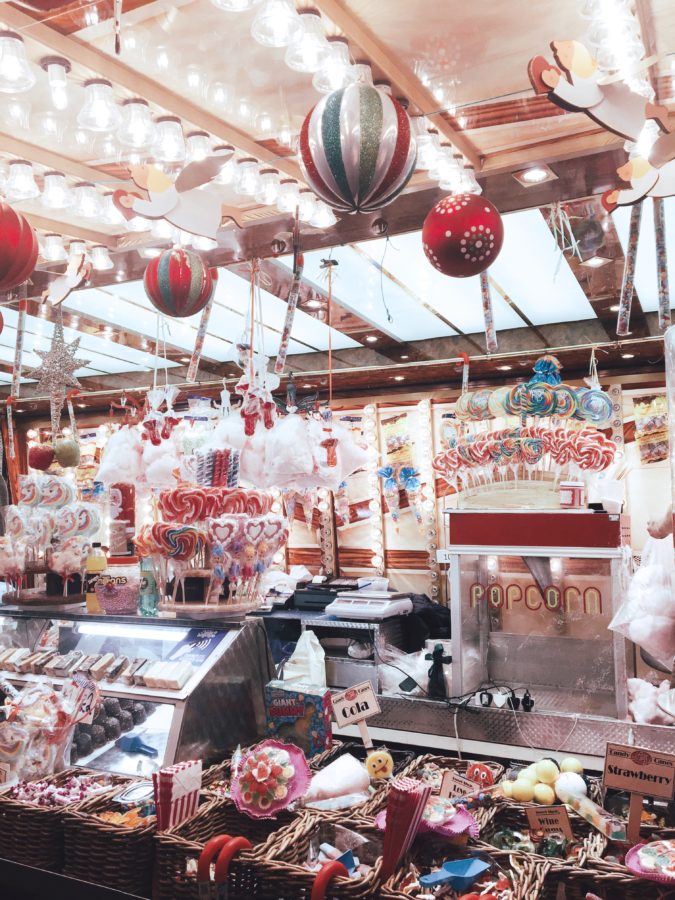
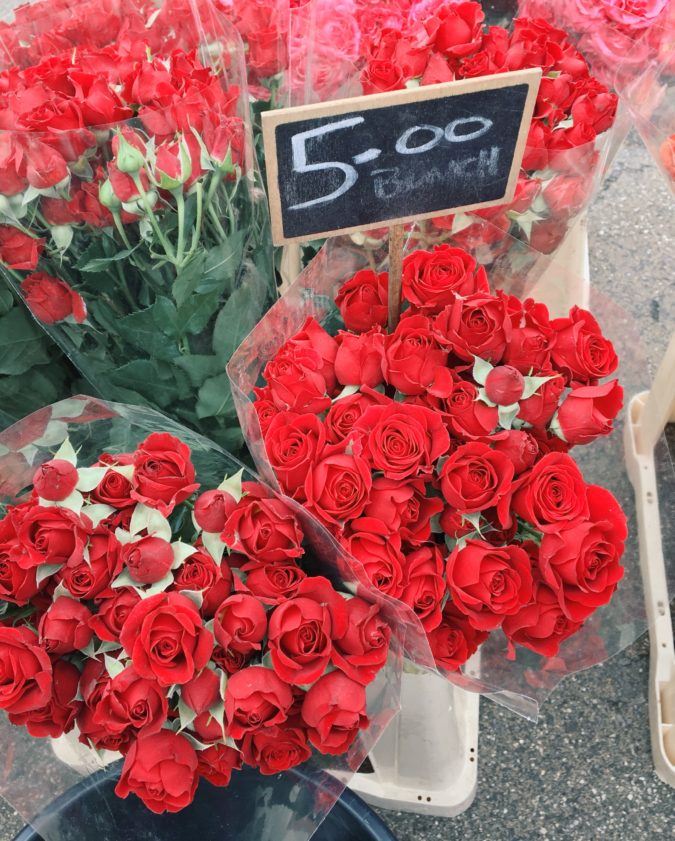
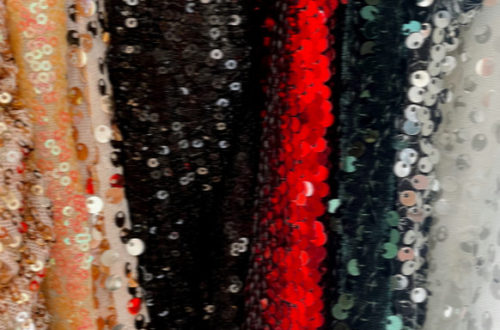
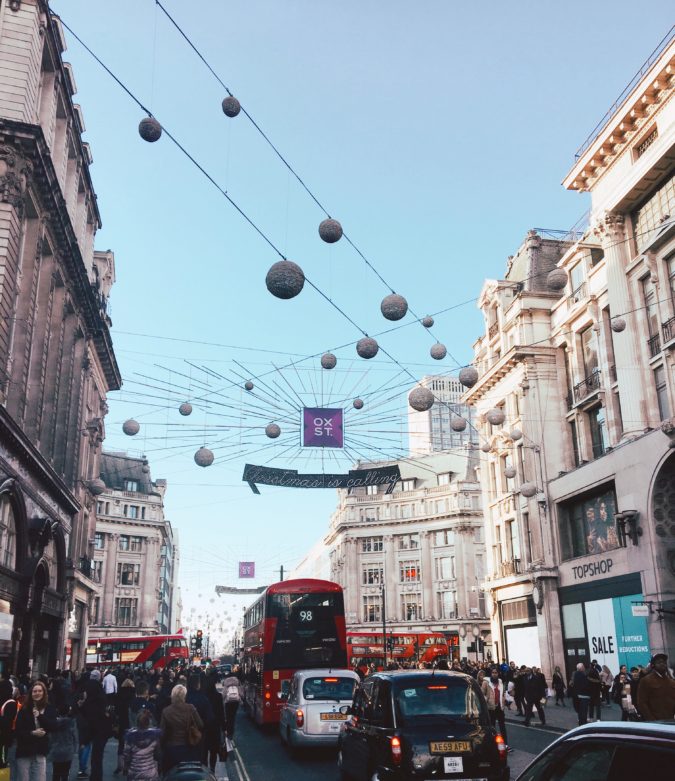
2 Comments
Lip Liner & Cocktails
Reblogged this on Lip Liner & Cocktails..
Pingback: